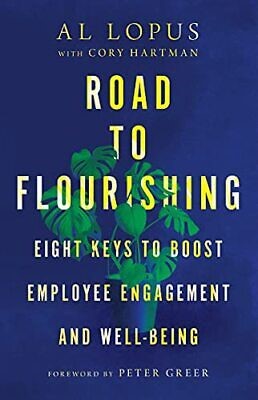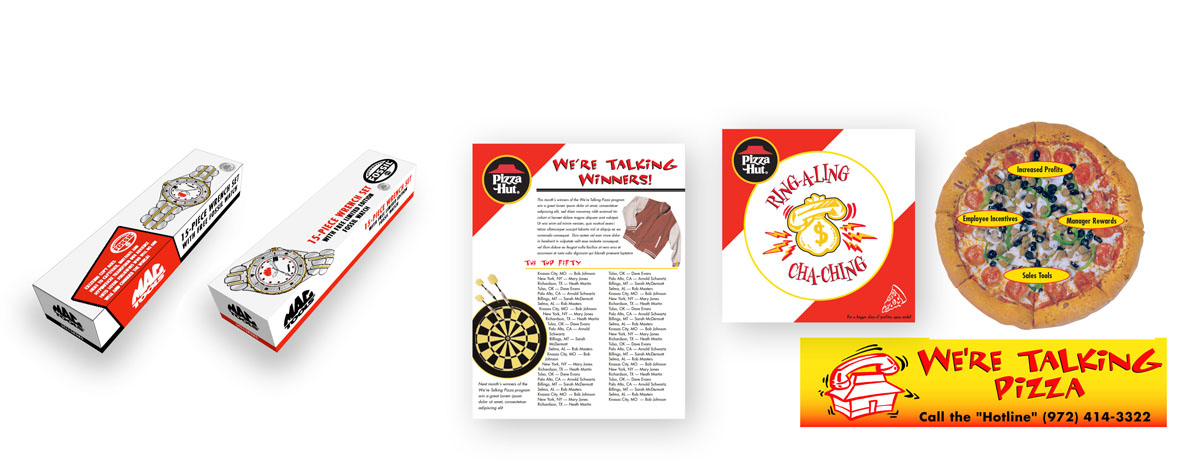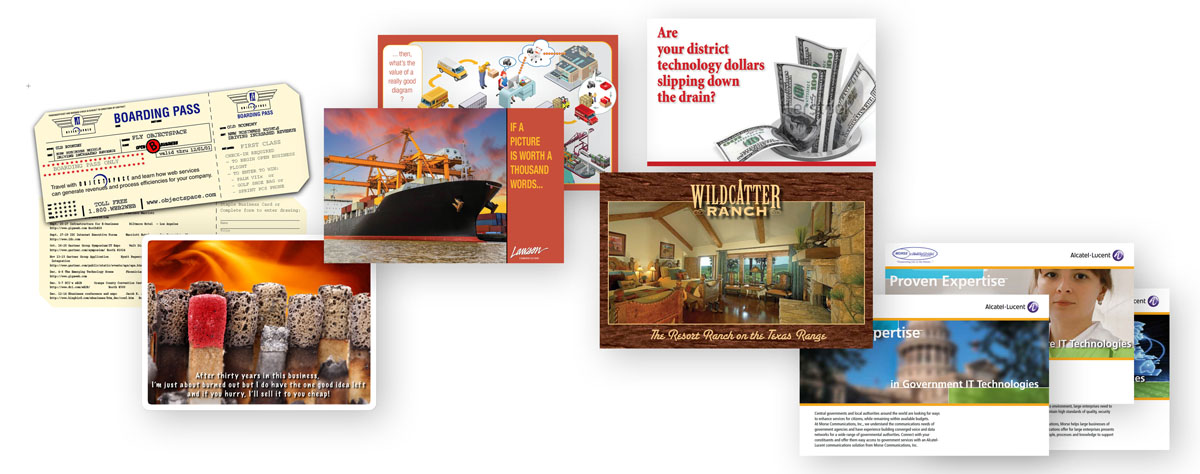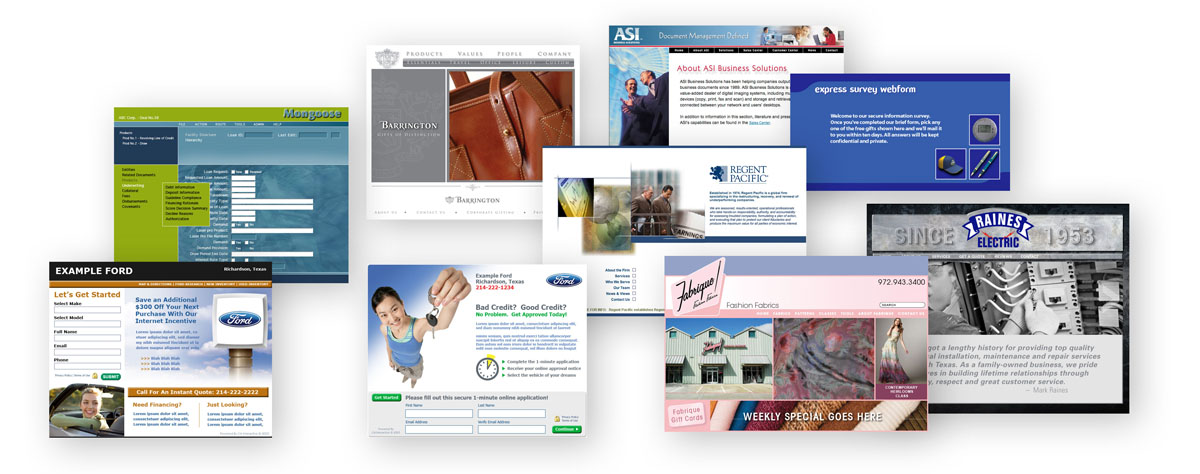Bubbles Are Perfect

Bubbles Are Perfect…
Who hasn’t spent time waving a tiny soap-filled hoop through the air to create a stream of kaleidoscopic little spheres that waft about until they either burst on their own or encounter a sharp object. Their flaws — the unevenness of their surfaces – are actually what catch the prismatic colors of the atmosphere and create their beauty.
According to Guinness, the largest bubble in history was over 96 cubic meters. It was created by a fellow named Gary Pearlman in 2015, using two fishing poles and a loop of fishing line. But that’s not exactly true. The largest bubble in history is the one I grew up in. It was the economic bubble that followed World War 2.
My parents didn’t grow up in a bubble. They were born in the first quarter of the twentieth century and spent their early years surviving the depression. About the time they reached early adulthood, Mr. Hitler was misbehaving in Europe and his buddy, Hirohito, poked the hornet’s nest at Pearl Harbor.
Having survived both the depression and the bloodiest war in history, my parents, along with the rest of America, embraced a future filled with hope and promise. Their generation, besides engaging in a sex-a-thon which kicked off the baby boom, started more businesses and generated more disposable income than any other generation before them. Hence the spectacular economic bubble that I and many of you grew up in.
…Until They’re Not
Perhaps you noticed those three little dots following the original title. They weren’t a typo. Bubbles are, indeed, perfect little polychromatic spheres, until one of them pops on your cheek, splashing acrid soap into your eye and inducing a string of newly invented swear words (which your grandkids will hopefully not repeat). Besides that, bubbles are filled with conflicting forces – the inner air pressure that expands the bubble to its maximum diameter versus the surface tension of the detergent film, not to mention the effects of changing air temperature and the slightest breeze on the bubble’s stability. Bubbles are destined to self-destruct.
The imperfection of our economic bubble was no different. Boomers were the first generation in history to become a culture of excess. Whereas our parents had been forced to scrimp and save, and occasionally go hungry throughout the first half of the century, we inherited an abundance of everything, from food, to housing, to education, to entertainment. In fact, our greatest preoccupation became the preservation of the wealth we enjoyed rather than where our next meal might come from.
Our parents’ generation had been a culture of conservation and re-use. We, on the other hand, became the first generation to embrace disposables. From Dixie cups to disposable diapers, to disposable cameras, to single-season fashions, to automobiles and appliances designed with planned obsolescence, we readily embraced the convenience of immediate gratification and the status of owning the newest gizmo over the bygone values of quality and longevity. Alas, our bubble too was destined for destruction.
The cancer that came with the convenience is that we began to imprint the concept of disposability onto people. For the first time in our history, married couples are now a minority. Longtime friendships are dissolved and discarded on a daily basis over nothing more than social media spats. Even our unborn children are disposable, and companies routinely dispose of employees at year-end to balance their budgets. How on Earth can we hope to create business environments based on loyalty and trust when we inhabit a culture that cannot embrace even the value of our own flesh and blood, let alone employees who we may not even know by name?
The honest answer to that question is, “We can’t.” Our societal cancer is too large and has metastasized to widely to be eradicated in our lifetimes. We can, however, set the wheels of restoration in motion. We can begin to build business and personal relationships based on the intrinsic value of our employees and friends. Do they not embody the same beauty and value as those simple soap bubbles? Are they not allowed to be filled with conflicting forces which threaten to undo them? And, given the violent nature of our current culture, is their existence (as our own) not just as fleeting and tenuous as those fragile bubbles?
So maybe, if we at least start by nourishing relationships that value and embrace each other (flaws and all), we can kick-start the tedious process of rescuing our disposable culture. Even though we may not live long enough to enjoy the final outcome, somewhere down the line, someone may look back and say, “Wow, they were the ones who changed the course of history.”
 If you’d like to discuss the value of people over profits, let’s talk. As always, I’ll buy the coffee. If you’d like to convince me I’m wrong, let’s talk. I’ll still buy the coffee (or something stronger).
If you’d like to discuss the value of people over profits, let’s talk. As always, I’ll buy the coffee. If you’d like to convince me I’m wrong, let’s talk. I’ll still buy the coffee (or something stronger).
“Hard times create strong men. Strong men create good times. Good times create weak men. And, weak men create hard times.”
– G. Michael Hopf, Those Who Remain
TOTALY SHAMELESS PROMOTION
Yep, I’m recommending this for the second week n a row! Through September 6, there’s a presentation of Paula Lawson’s professional landscapes at the Granville Arts Center in downtown Garland. There’s a reception on September 1 from 5:30–8:30PM. Check her work out for yourself and if you come to the reception, I’ll even guarantee you a personal introduction to the artist. I’ve got some pull there.You can also see her work at paulalawson.com


Did someone forward this newsletter to you after reading it themselves? Don’t settle for that!
CLICK HERE
to get a fresh, unused copy of this newsletter sent directly to you every Sunday morning. If you decide it stinks, you can always unsubscribe.
The Happiness Advantage
The Seven Principles of Positive Psychology That Fuel Success and Performance at Work
— Shawn Achor
This recommendation comes from Shon Cass. If he says it’s good, then it’s good. I’m just getting started on it today. ONE CAUTION: Shawn Achor has published several books under the “Happiness Advantage” title so make sure you get the one with the subtitle shown above.
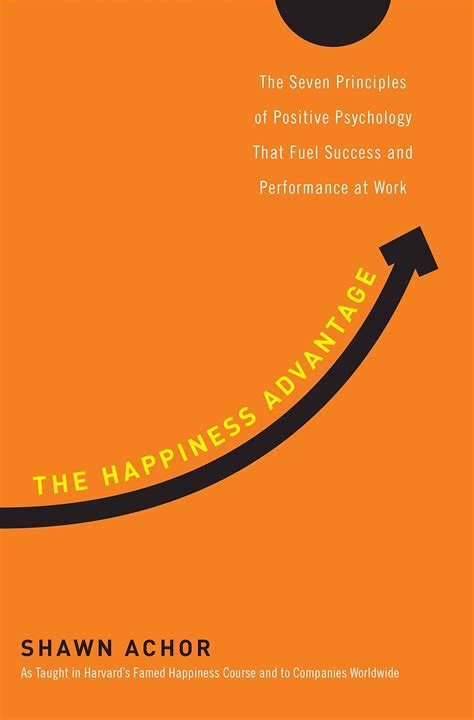
Road to Flourishing
— Al Lopus
This is another recommendation from Shon Cass. Admittedly, I haven’t yet read this one either but it is queued up in my Audible library and ready as soon as I finish “The Happiness Advantage”. Since Shon’s incredibly successful bank culture uses this book as a model, I suspect it has something valuable to say.
